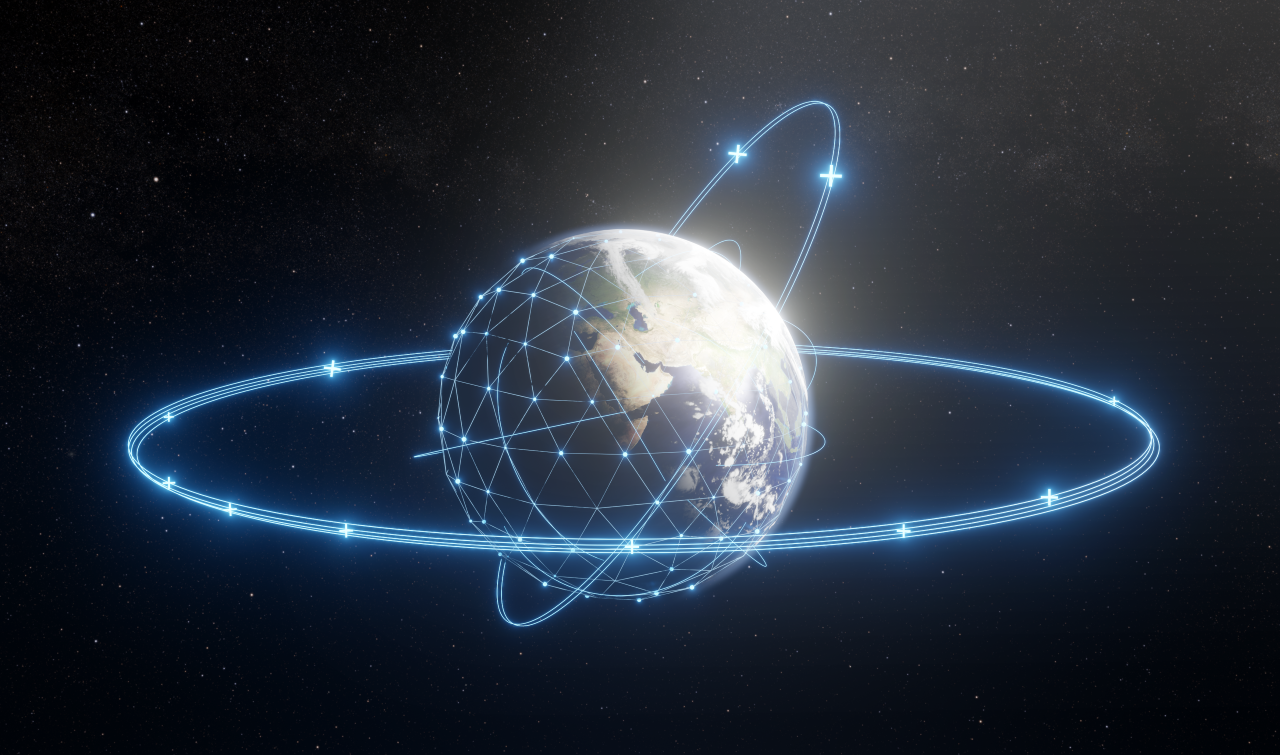The latest update of Satellites to be built and launched released this week by Euroconsult forecasts a fourfold growth in the number of satellites driven by commercial constellations.
Global Markets - Market Trends
The United States ranks among the leading countries in deploying fast broadband, doing so at competitive prices.
A new report published today by Media Partners Asia (MPA) indicates that ex-China, Asia Pacific pay-TV subscriber growth will be relatively flat in 2022 with an estimated 106,000 subscribers cutting the cord. Cord cutting peaked between 2019 and 2021 with an aggregate 9.1 mil. subs cancelling subscriptions, according to MPA analysis, driven by erosion in key markets such as Australia, Malaysia and Thailand as well as the contraction of the cable universe in India. Going forward, MPA estimates 1.0 mil.
The latest edition of the Prospects for Space Exploration report from Euroconsult predicts global governmental investments in space exploration will reach $31B within the next decade. The report identifies key budget drivers that include the continuation of increased funding in transportation, orbital infrastructure, and in lunar exploration.
The latest forecast from Rethink TV charts the arrival of Open Caching technologies, and the impact they will have on the Video Delivery Market. This market shows no sign of slowing, but there is a fight brewing among its component parts. CDNs currently reign supreme, and while we have previously examined the potential impact of WebRTC and Decentralized-CDN (D-CDN), as part of our CDN studies, the new disruptor on the block is Open Caching.
According to the Market Statsville Group (MSG), the global commercial satellite imaging market size is expected to grow from USD 3,316.7 million in 2021 to USD 8,553.3 million by 2030, at a CAGR of 11.1% from 2022 to 2030. Commercial satellite imaging is a technique for displaying high-resolution datasets of ground conditions. It compares date, pricing, and resolution with other vendors by searching a map or an area of interest.
London, UK, October 27, 2022A new report from Inmarsat and Globant finds existing satellite technologies could save up to 5.5 billion tonnes of CO2 a year. Satellite technologies are already reducing carbon emissions by 1.5 billion tonnes (or 1.5 gigatons) every year, according to independent research report Can Space Help Save The Planet?, commissioned by Inmarsat from leading consultants at Globant’s Sustainable Business Studio.







